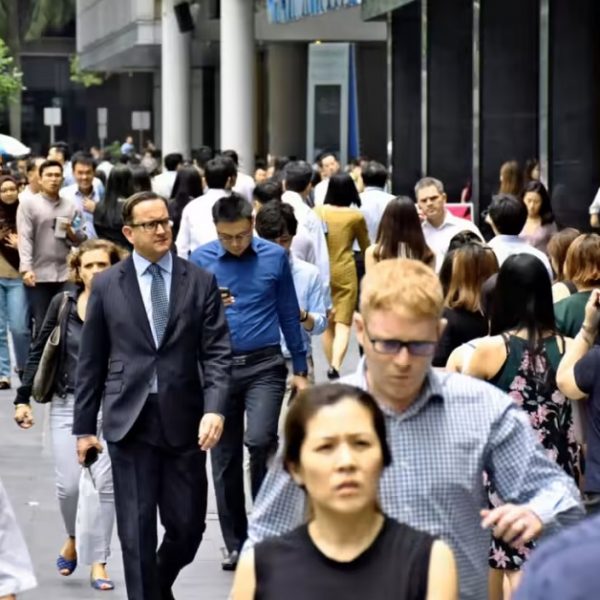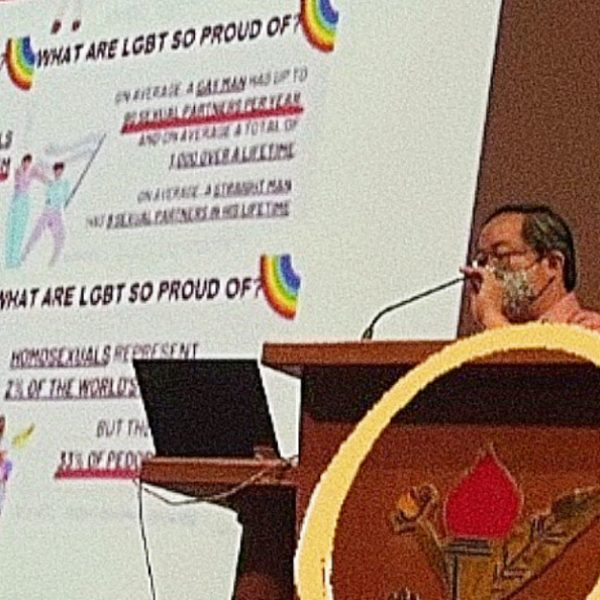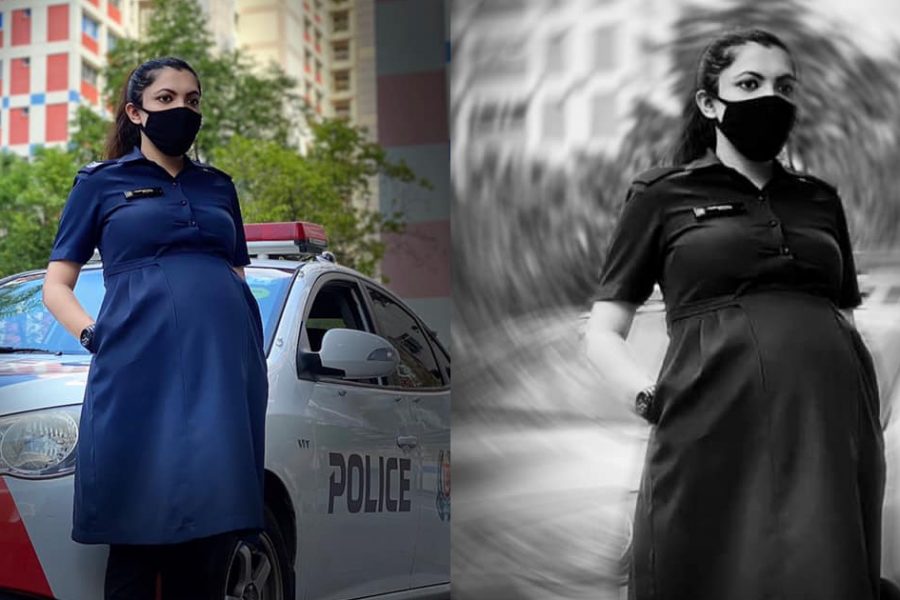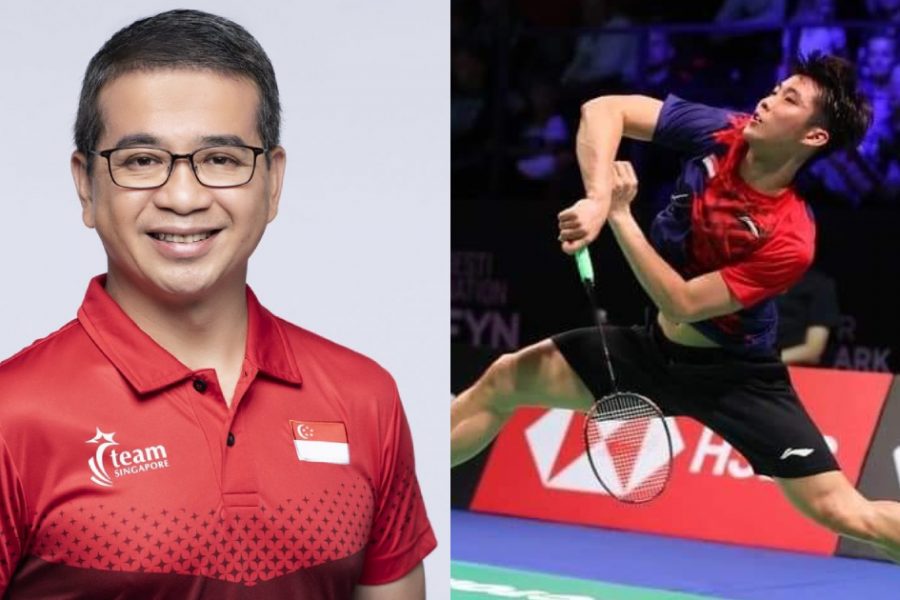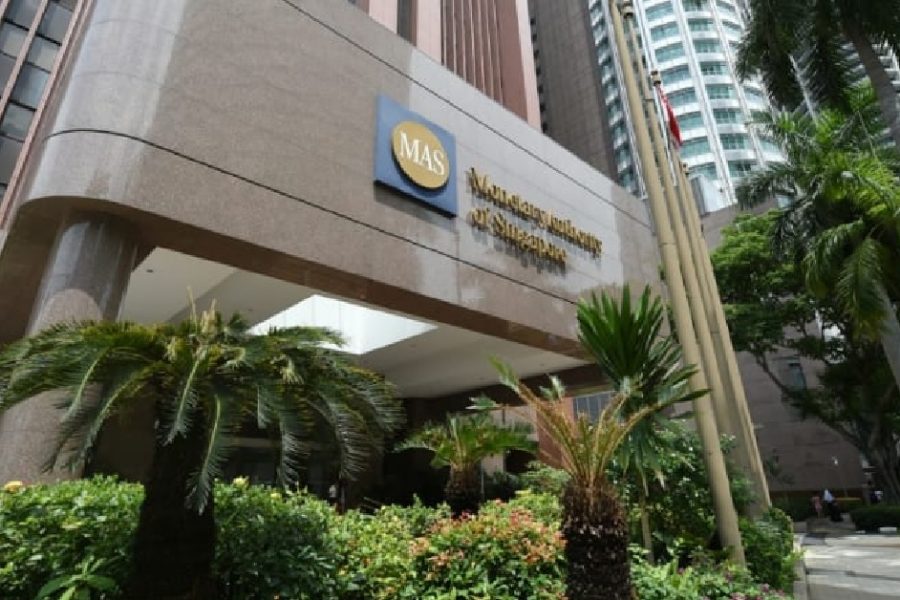Singapore appears to be a favourite destination of fallen national leaders either for physical or financial safety.
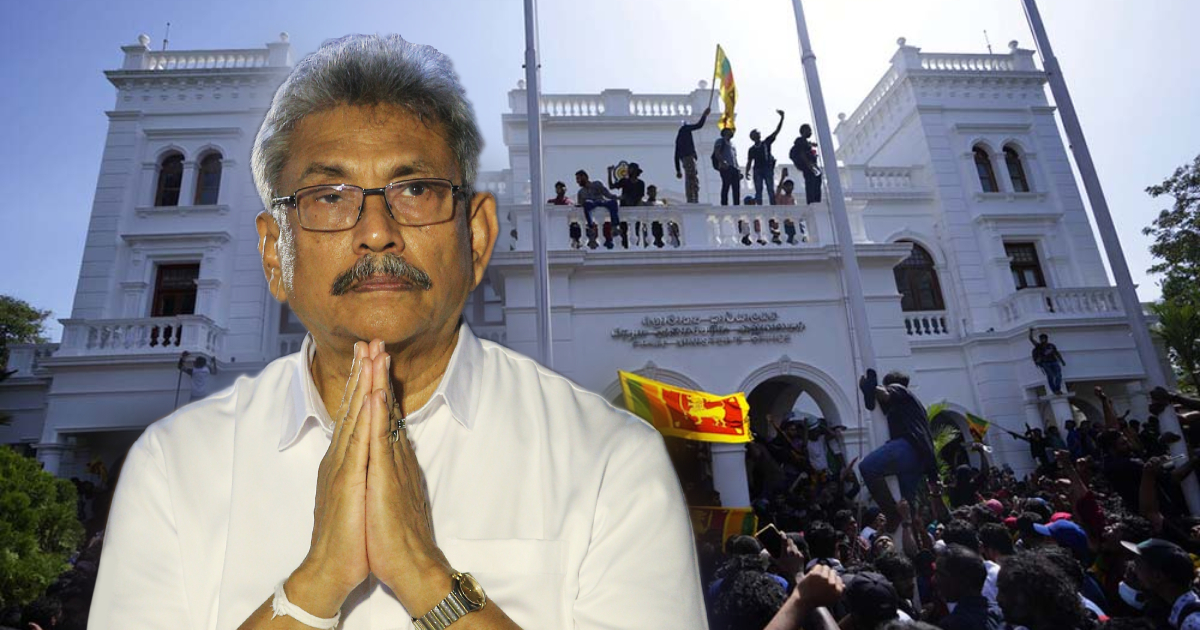
Deposed Sri Lankan President Latest Addition to Singapore’s Links to Unwelcome Leaders
On 13 July 2022, various news reports carried the news of recently de-facto deposed Sri Lankan President Gotabaya Rajapaksa’s successful escape from Sri Lanka to the Maldives via an army transport plane alongside his wife and several bodyguards.
This comes ahead of his expected official resignation as President of Sri Lanka later in the day, and Gotabaya’s escape from Sri Lanka is widely surmised as his attempt to avoid any possibility of being detained and being tried for possible corruption and past war crimes by any new incoming Sri Lankan leader once he officially resigns from office and loses immunity from arrest.
Gotabaya Rajapaksa had previously been reported over the past few days as having unsuccessfully attempted to leave Sri Lanka through commercial flights to Dubai, being stopped at the airport by Sri Lankan airport staff who refused to assist in clearing him and his entourage through VIP customs and wanted him to go through the normal queue with other fellow Sri Lankans.
It turns out that Gotabaya was only using the Maldives as an intermediate stop before flying to Singapore.
Gotabaya Rajapaksa arrived in Singapore on the night of 14 July on a Saudi Air flight, and latest news indicate that he is not seeking to take permanent refuge in Singapore (where he is entering only on a social visit pass) but instead will be proceeding on shortly to Saudi Arabia for final exile.

This is not the first time that fallen national leaders, many of them of various shades of authoritarian leanings and corrupt natures have had permanent or passing physical and financial links to Singapore in their exiles from their home countries. This is in large part due to Singapore’s reputation as the “Switzerland of the East”, being a safe haven for monies, immediate access to top medical facilities, as well as political and physical security stability.
Below is a list of various notable foreign leaders who sought refuge in Singapore either for themselves or their riches.
Najib Razak

Najib Razak is the former Prime Minister of Malaysia, best known for his corruption, bribery and money laundering actions committed whilst in office.
These were crystallised in the 1MDB scandal which hit headlines back in July 2015 when leaked documents to various news publications revealed Najib’s channeling of some USD$700 million into his personal bank account from 1MDB, a government-run strategic development company through shell companies and various offshore accounts.
These monies were mostly spent on purchasing luxury goods and properties including a superyacht, and even used to fund the production and filming of the movie The Wolf of Wall Street in the US. Some attempts at political donations and lobbying in US politics were also funded by Najib’s 1MDB-embezzled funds.
Singapore played a major role in the unravelling of the 1MDB scandal, which exposed the degree of culpability various international bankers and financial institutions based out of Singapore had in aiding and enabling Najib Razak’s corruption and money laundering.
In 2016, Singapore’s MAS seized bank accounts linked to 1MDB money laundering efforts and launched investigations into several bankers working in financial institutions such as Goldman Sachs and BSI.
On 24 May 2016, MAS withdrew the merchant bank status of BSI’s Singapore bank branch and slapped a fine of SGD$13.3 million on it for its role in the 1MDB scandal, and several bankers such as Kelvin Ang, Yeo Jiawei and Tim Leissner were served fines, jail terms and lifetime bans from Singapore’s financial market sector in subsequent years.
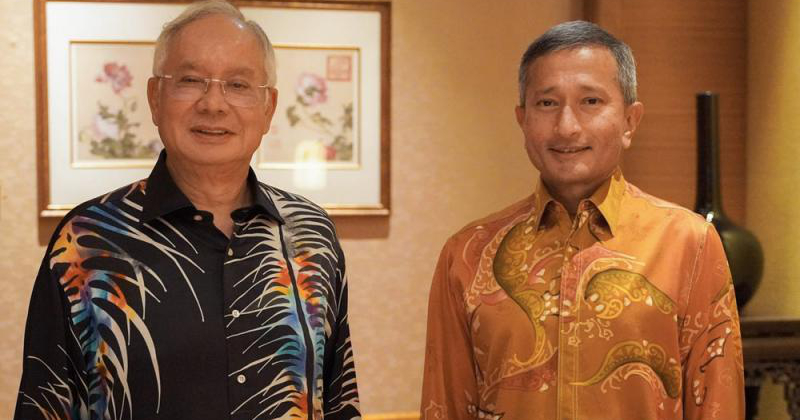
As of 2021, Singapore has reportedly directly returned some USD$16.3 million in 1MDB-embezzled funds to Malaysia, and forced Goldman Sach’s Singapore division to cough up USD$61 million in fees earned processing 1MDB-embezzled funds back to Malaysia. There are more 1MDB monies to be returned from Singapore to Malaysia in future.
Najib Razak continues to enjoy freedom whilst out on bail appealing his convictions for abuse of power, criminal breach of trust and money laundering in Malaysia’s courts.
Two of his most notable actions since his conviction were his private visit to Singapore in November 2021 to visit his daughter giving birth in a Singaporean private hospital, as well as controversially meeting Singapore’s Foreign Minister Vivian Balakrishnan during the latter’s official visit to Malaysia in May 2022.
Ferdinand Marcos and Family

Ferdinand Marcos is best known for being the two-term elected president and later dictator of the Philippines between 1966 to 1986.
During his two decades in power, Ferdinand Marcos and his family engaged in the looting of the Philippines economy through various embezzlements and other corrupt practices, something which earned them indictments for racketeering by the US government and charges of corruption against his high-profile and ostentatious “world class shopper” wife Imelda in the Philippines.
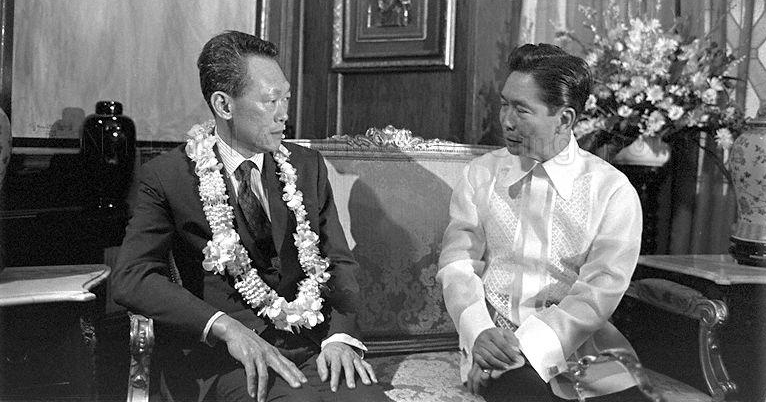
Ferdinand Marcos and his family have never been found guilty of any corruption charges that permanently stuck despite various attempts at bringing them to justice in both the US and the Philippines.
Singapore was a major holder of Marcos’s illicitly amassed fortunes, of which some USD$25 million were originally held in Swiss bank accounts before being transferred into a Singaporean branch of WestLB, a now-defunct German state-owned bank.
In March 2008, Singapore’s High Court blocked an appeal from the Philippines Government for the return of the funds mentioned above due to uncertainty of ultimate ownership for said funds caused by competing claims from various parties, including Filipino human rights abuse victims and several financial foundations suspected to be Marcos-linked fronts.
Ultimately, these funds were awarded to the privately-owned Philippines National Bank in August 2012, signifying Singapore’s washing of hands over its role in holding Marcos’s plundered Philippines wealth.
Robert Mugabe

Robert Mugabe was the former prime minister and later president of Zimbabwe between 1980 to 2017. Labelled as a de-facto dictator in his later years, Robert Mugabe presided over the collapse of Zimbabwe’s economy due to financial mismanagement, coupled with rampant corruption and human rights abuses as he grew increasingly insecure with age and resorted to mobilising political violence against his political opponents.
In November 2017, Mugabe was forced to finally resign from office after suffering a coup d’état from the Zimbabwean National Army, but continued to live in luxury thanks to a deal cut with the new Zimbabwean national leaders where he and his family would enjoy full diplomatic status and immunity from prosecution, keep their business interests and riches amassed whilst he was in power, and have the state continue to pay for his lavish retirement lifestyle.

Singapore was a favourite destination for Robert Mugabe and his family during and after his fall from power.
An article by Jeremy Luedi documented his links with Singapore beginning in 2009 when he first sought medical treatment for himself in increasing old age, something which persisted till his death on 6 September 2019 at Gleneagles Hospital.
Robert Mugabe and his family (most notably his second wife Grace) were also well-known to be massive spendthrifts on their state-funded foreign holidays to Singapore, with a South African newspaper carrying an article in 2003 on Robert and Grace Mugabe with their entourage flying business class to Singapore and purchasing some 15 trolleys’ worth of luxury and electronic goods.
Grace Mugabe was also named in Wikileaks’ 2010 publications of leaked US embassy cables as well as Australian investigative journalism in 2018 linking her to smuggling illegal diamonds, ivory and gold out of Zimbabwe and selling them to buyers in Singapore, Malaysia and Hong Kong.
The Mugabe family continues to own property in Singapore till this day, and Robert Mugabe’s daughter Bona graduated from MDIS in Singapore with a MSc Banking degree back in 2013.
Singapore: A Safe Refuge for Unwelcome Leaders?
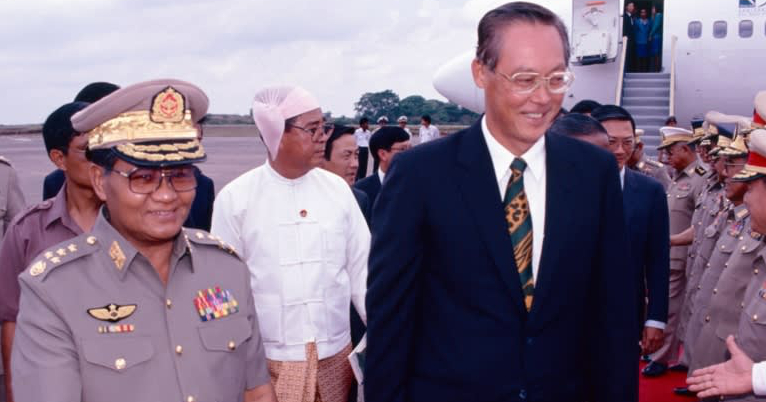
When questioned by CNN over his allowance for members of Myanmar’s military junta to seek medical treatment in Singapore back in 2007, Prime Minister Lee Hsien Loong famously appealed to human decency and the medical Hippocratic Oath as justification for allowing them to visit Singapore for private medical treatment.
Whilst it is laudable to view every life as equal when it comes to health and medicine, it should also be equally valid to question the financial sources of foreign leaders known for oppressive rule and financial corruption in their home countries.
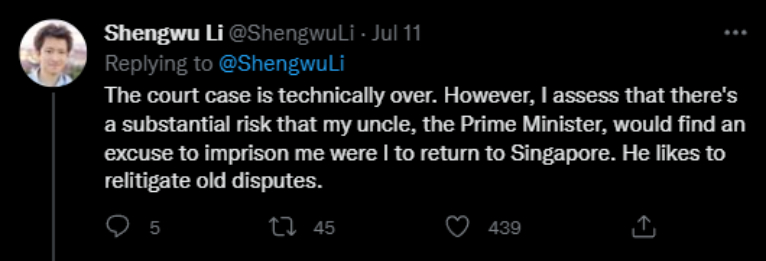
It is the peak of irony when fallen foreign leaders are able to seek refuge in Singapore when Li Shengwu, the nephew of Prime Minister Lee Hsien Loong openly states that he is afraid of returning to Singapore for fear of further political persecution and imprisonment.
Like Switzerland, Singapore positions itself as a pragmatic country where money rules and no inconvenient questions are asked if one is rich enough.
